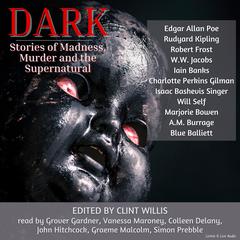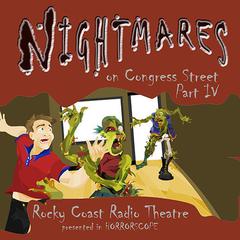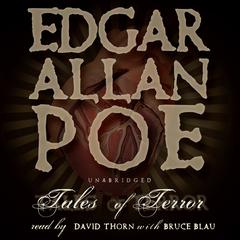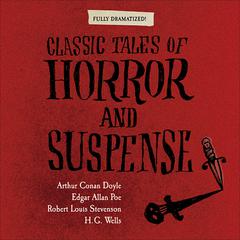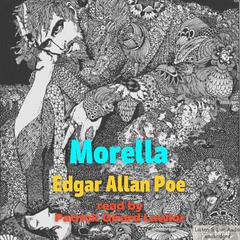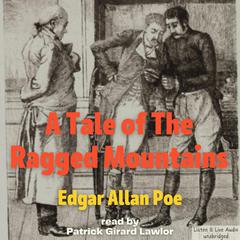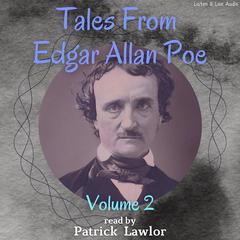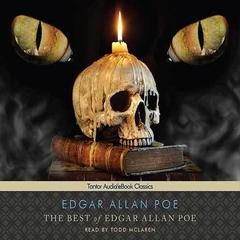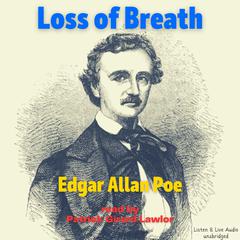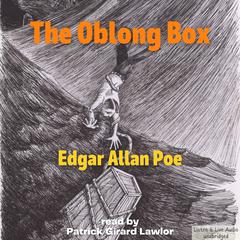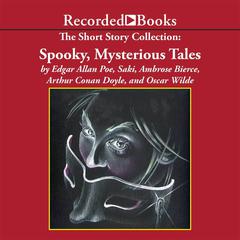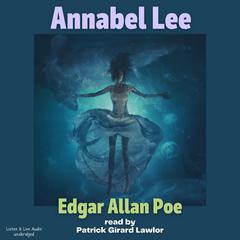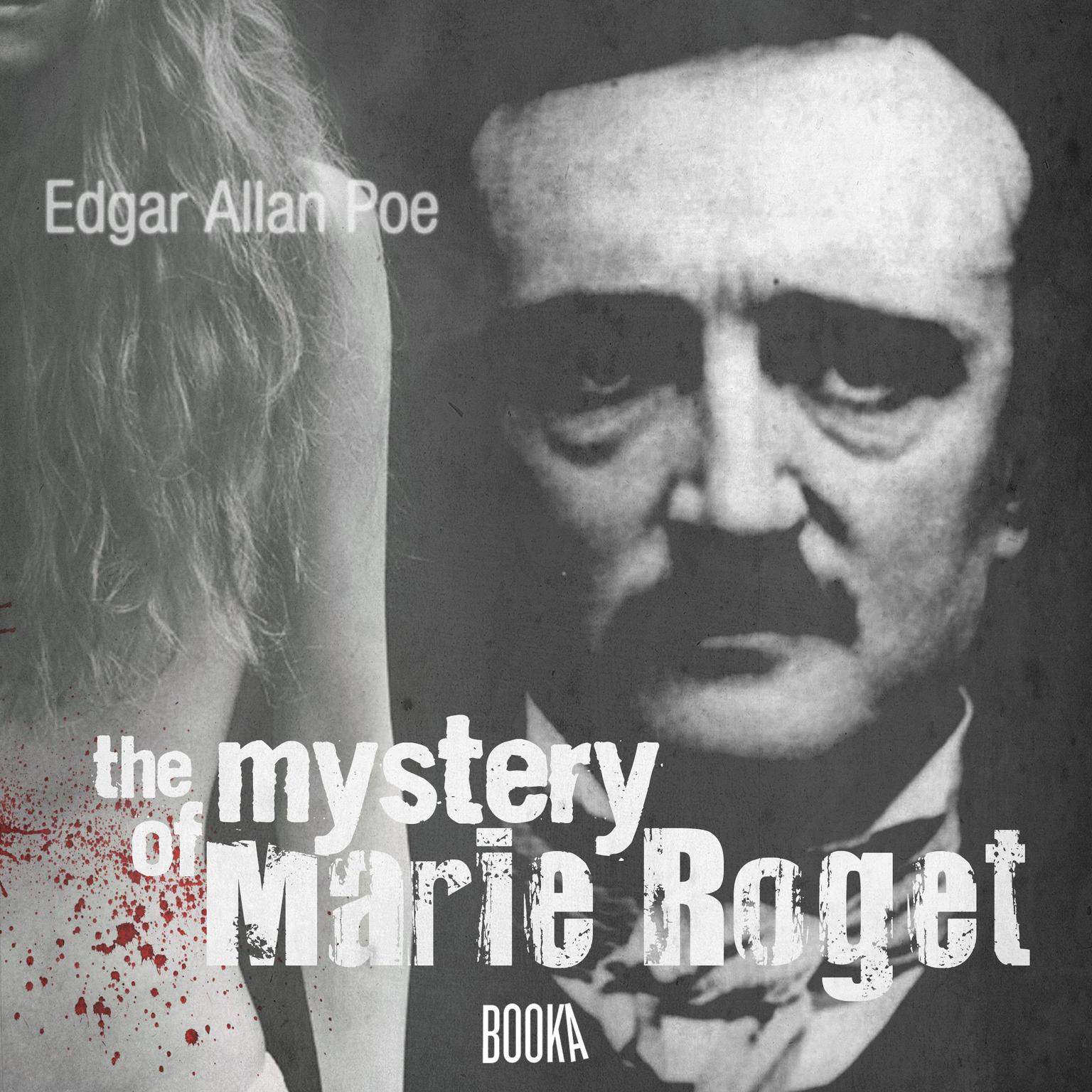 Play Audiobook Sample
Play Audiobook Sample
El misterio de Marie Roget Audiobook
 Play Audiobook Sample
Play Audiobook Sample
Quick Stats About this Audiobook
Total Audiobook Chapters:
Longest Chapter Length:
Shortest Chapter Length:
Average Chapter Length:
Audiobooks by this Author:
Publisher Description
"Edición de audiolibros sin música de fondo. El misterio de Marie Roget. Se basa en el asesinato real de Mary Cecilia Rogers, un crimen que paralizó Nueva York debido a la violencia sin precedentes que el asesino se volvió contra ella. Mary Cecilia Rogers nació en Connecticut en 1820, desapareció el 4 de octubre de 1838 en circunstancias poco claras. Unos días más tarde, los periódicos anunciaron que había sido encontrada y que había huido para casarse con un oficial naval.El caso fue cerrado, pero tres años más tarde, mary Cecilia Rogers desapareció de nuevo el 25 de julio de 1841. Su cuerpo sin vida fue encontrado flotando en el río Hudson. Una autopsia superficial reveló que había sido asesinado.La muerte de Mary Cecilia Rogers ocupó las portadas de todos los periódicos estadounidenses. Unos meses más tarde, la investigación en pleno apogeo, el novio de la chica fue encontrado muerto en su habitación con una botella de veneno a su lado y una nota de arrepentimiento, donde confesó como un cobarde por dejar a María cuando más lo necesitaba. La policía aceptó el suicidio, y tanto la justicia como la opinión pública declararon que el cobarde había recibido el castigo que merecía.Edgar Allan Poe siguió el caso con el mismo interés de sus compatriotas, lo que la hace doblemente impresionante resolución el caso de dar con los motivos del asesinato se basó únicamente en informes de los medios de comunicación. Cien años más tarde, los criminalistas de la policía de Nueva York estuvieron totalmente de acuerdo con la hipótesis del poeta, y señalan que la línea de investigación es probable que sugeriera a Edgar Allan Poe, un notable escritor que a veces interpretaba a un detective
Download and start listening now!
"I think reading this piecemeal caused me to miss something. I will have to re-read this sometime when I can sit and read the whole thing at once. Interesting, and beautifully written."
— Katy (4 out of 5 stars)
El misterio de Marie Roget Listener Reviews
-
" I remember reading 'Murders in the Rue Morgue' ages ago, I don't remember it being so deadly boring, factual, without narrative drive. Dupin is the dullest, most infatuated detective ever... "
— Emilie, 11/14/2013 -
" Fails to live up to Murders in the Rue Morgue. "
— Paul, 11/3/2013 -
" The story itself is almost non-existent. There is some speculation, a body in the river and page after page describing possible clues. The ending of the story is not rewarding in the slightest and overall the story reads like a police report versus a story. The characters are practically vacant. "
— Adam, 9/13/2013 -
" that is sooo going on my to read again list i loved it i really did "
— Aya, 4/25/2013 -
" Uhg, HORRIBLE. If only the person who'd killed Marie had been more obvious about it, I wouldn't have had to read this. "
— Tasha, 4/18/2013 -
" Boring; "
— Rusty, 4/15/2013 -
" A story about a dragged dead body that feels like you're dragging a dead body. Based on the news report, the narrator speculates his opinions without leading anywhere. The end. "
— Sprout, 1/27/2013
About the Authors
Edgar Allan Poe (1809–1848) transformed the American literary landscape with his innovations in the short story genre and his haunting lyrical poetry, and he is credited with inventing American gothic horror and detective fiction. He was first published in 1827 and then began a career as a magazine writer and editor and a sharp literary critic. In 1845 the publication of his most famous poem, “The Raven,” brought him national fame.




